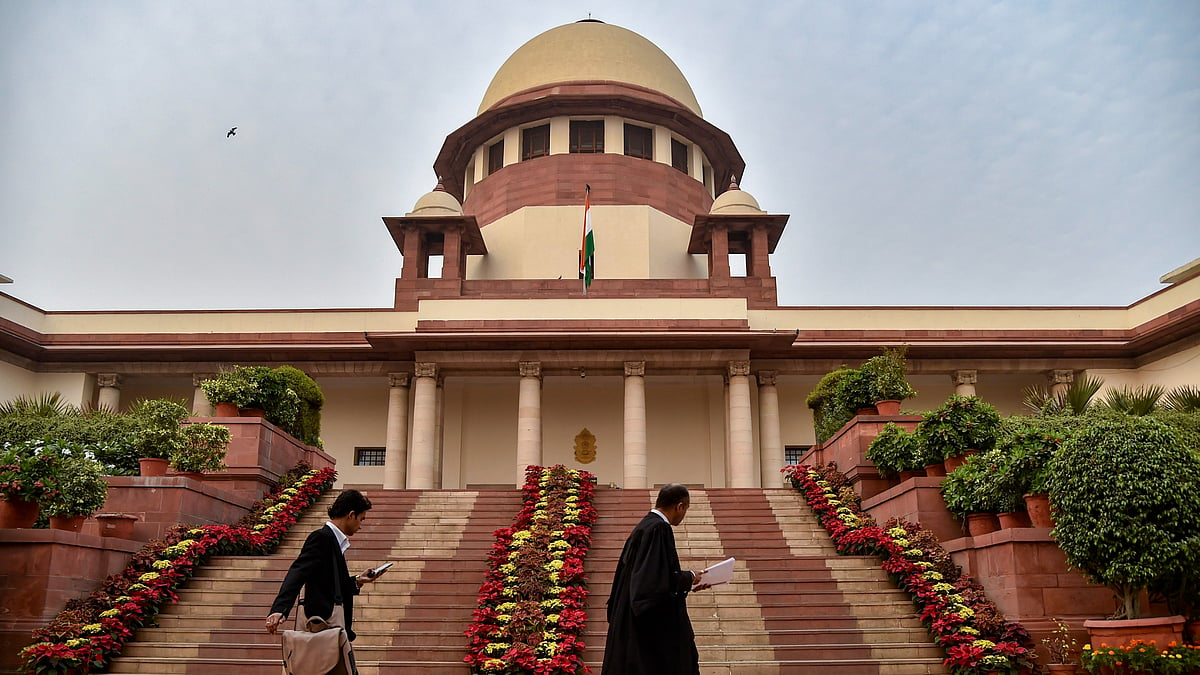Tech-n-Biz
A fortnighly section on technology and business
Before this pandemic, many Artificial Intelligence (AI) researches had predicted that we would have a flying car by 2020. In fact, carmaker Hyundai was working with Uber to test launch their flying taxis this year. It could have been the next big milestone after self-driving cars. But thanks to the lockdown triggered by COVID-19, the reality today is different. Forget flying taxis, even the regular planes have been grounded. The pandemic has come as a big setback to everyone's plan including people working on newer technologies like AI. At the outset, it appears that the golden run of AI has come to a halt and technology adoption has gone back by a few years. Ambitious futuristic projects are delayed.
Did AI fail us?
One can argue that we were misled. Years of heavy investment in AI models failed to forewarn the spread and the severity of the pandemic before it was too late. AI seemed to be promising for healthcare initially, but it turned out to be another hype. Some people are even disappointed that we claim to be technically advanced enough to land a rover on Mars, yet we have not been able to protect ourselves from one of the most primitive attacks of the virus. We thought we had won the war on pathogens until we were hit by the current one.
This is not the first time that AI has been accused of ‘over-promise and under-deliver’. The initial interest in AI research was driven during the Second World War when the researchers claimed that they could easily translate documents from one language to another. The governments saw this as a great opportunity (mainly due to their interest in spying). The state-funded a lot of AI programmes only to be abandoned later, after it was discovered that natural language processing was a different beast. The over-enthusiastic technologists had underestimated the problem. The AI programmes have been halted multiple times in history – known as AI winter. But all these setbacks eventually turned out to be a stepping stone in the longer run. Today, we have ‘Google translate’ powered by a deep neural network that can outperform humans. AI-based translation algorithms are a more accepted approach today.
Increase in acceptance of AI in our day-to-day lives
Earlier, we looked down upon the AI systems – because it appeared to challenge our own intelligence and human exceptionalism. One of the reasons mobile phone-banking did not pick up was this human behaviour. That is why most virtual assistants were frowned upon. We never gave them enough attention or respect that a human agent would be given.
A humanoid robot in any public place gets kicked and abused by passersby, so much so that lawmakers in Japan have raised the point of robot’s right versus human’s right. Though there was an increasing trend of using Alexa and Siri, COVID-19 has made us more dependent on all types of virtual agents and robots. AI tools have helped in reducing physical interactions in times of social distancing.
Though physically we are distanced, we have compensated that by increased networking. We are more aware of what our friends and communities are doing. The power of AI comes from the networked systems. An individual neuron in our brain is a simplistic cell, but when 100 billion of them connect with each other to create an information system with trillions of synapses, they generate intelligence. The human consciousness is an emergent property of this networked neural system. COVID-19 has increased electronic connections with each other. This will be a great ingredient for a new generation of experts — AIs with more complex intelligence.
Remote working led to more distributed processing
Most offices today have reconciled with a future where most of their employees will not come to the office on a day-to-day basis. This may appear a small thing at the outset but could be the harbinger of a big change. The industrial revolution in the past encouraged centralised production that encouraged people to move to one location. This was the prime reason for the emergence of industrial hubs and cities. Work accelerated the process of urbanisation. For the first time, COVID-19 has challenged that assumption. We are moving towards distributed cloud-driven setup. The computing power is moving from the centralised servers to an endpoint or edge computing. A good network distributed setup will be a great step for the emergence of AI systems.
Even in this pandemic, the AI technologies are heavily being used to predict, diagnose and treat the COVID-19 patients. The first alert of the COVID-19 was done by HealthMap way back in December 2019 when the system detected wide-scale reporting of pneumonia, based on the social media chats of Chinese users. The X-ray analysis using AI is being explored for early detection. Even the voice samples are being explored to detect the change due to COVID-19. The vaccine programmes world over are heavily relying on the AI systems. It is for these advances in the technology that we have not seen the mayhem of the pandemic as was seen during the Spanish Flu in 1918 where 500 million people died. We are fortunate to live in a technological age today, as we are nowhere near that calamity.
Any technology operates within a wide contour of assumptions. If those assumptions are violated for some reason, the AI systems need to rework on their algorithm. This unprecedented pandemic was not built into any AI system and we all were caught off guard. Human intelligence has responded faster because thousands of years of evolution has enabled our brain to deal with unseen problems in a more efficient way. AI, on the contrary, is just a few decades old. The term itself was coined in the 1950s. So, AI is a kid in front of human intelligence that is more like the great grandfather full of wisdom. We also know that given the right environment, kids learn faster and soon outperform their adult counterparts. This is how the current progress of AI should be seen in the context of COVID-19. AI has not yet conquered the current crisis, but the ground is all set for a golden age of AI especially in the post-pandemic world.
Mishra is a software professional with over 20 years of experience with leading IT and consulting companies. He also works with universities as a startup mentor in the area of new technologies.









